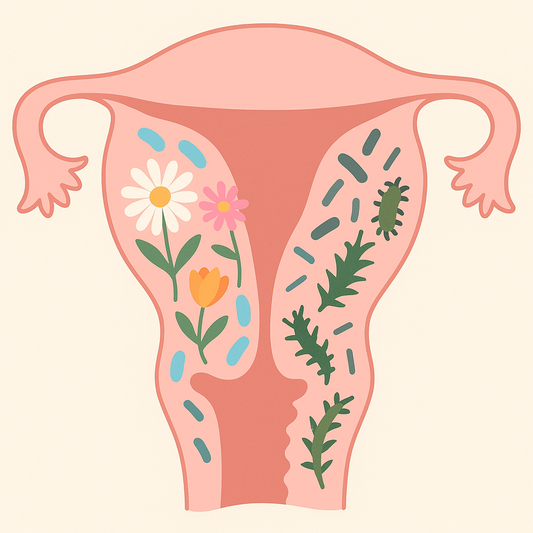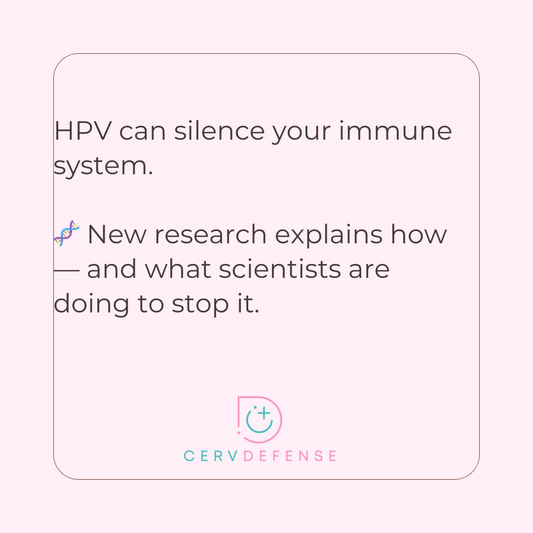
Why cervical health matters
Share
Maintaining Good Cervical Health: Essential Tips and Advice
Cervical health is a crucial aspect of women's overall well-being. The cervix, located at the end of the vagina and serving as the opening to the uterus, can be affected by various factors, including infection, hormones, and lifestyle choices.
Why Cervical Health is Important
-
Preventing Cervical Cancer Cervical cancer is the fourth most common cancer among women worldwide, but it is also one of the most preventable. Regular Pap tests can detect cervical cancer early when it is most treatable. Early detection through cervical cancer screening is vital for effective treatment and a higher chance of recovery.
-
Impact on Fertility Certain cervical conditions, such as HPV infection and cervical dysplasia, can affect fertility. If you are concerned about your fertility, it is important to talk to your doctor about your cervical health. Regular check-ups can help identify and manage these conditions early, preserving fertility.
-
Affecting Pregnancy Cervical conditions can increase the risk of pregnancy complications, such as premature birth. If you are pregnant, it is important to talk to your doctor about your cervical health. Ensuring good cervical health can contribute to a safer and healthier pregnancy.
Tips for Maintaining Good Cervical Health
-
Get Regular Pap Tests Pap tests are essential for early detection of cervical cancer. The American Cancer Society recommends that people with cervixes start getting Pap tests at age 21 and continue every three years until age 65. For those between ages 30 and 65, combining a Pap test with an HPV test every five years is an option.
-
Get Vaccinated Against HPV HPV is a virus that can cause cervical cancer. The HPV vaccine is recommended for all boys and girls at ages 11-12 and can be given to adults up to age 26. HPV prevention is crucial for reducing the risk of cervical cancer.
-
Practice Safe Sex Using condoms can help reduce the risk of HPV infection. Safe sex practices are essential for protecting your cervical health and overall reproductive health.
-
Avoid Smoking Smoking can increase the risk of cervical cancer. Quitting smoking is an important step in reducing your risk and improving your overall health.
-
Maintain a Healthy Lifestyle Eating a healthy diet, exercising regularly, and maintaining a healthy weight can help reduce your risk of cervical cancer. A healthy lifestyle supports your immune system and overall well-being, contributing to better cervical health.
Conclusion
If you are concerned about your cervical health, talk to your doctor. They can answer any questions you have and help you develop a plan to maintain good cervical health. Regular screenings, vaccinations, safe sex practices, and a healthy lifestyle are all key components in preventing cervical cancer and ensuring overall reproductive health.



